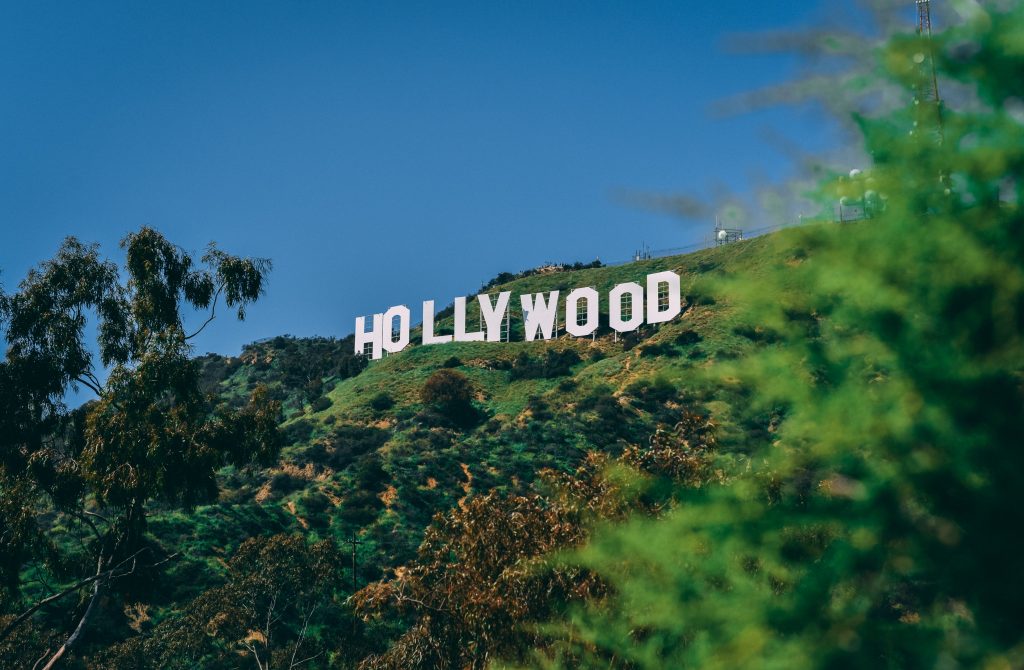By Megan Malthouse
The 2022 Golden Globes was possibly the most anticlimactic event in recent Hollywood history. Following the boycott from broadcasting companies due to its whitewashed nominating committee, it took place solely as a live-blogging event. No hosts. No celebrity guests. No live audience. The feverish first week of the events calendar, which was supposed to celebrate Hollywood’s booming return to glitz and glamour, was reduced to a murmur, viewership hitting a thirteen-year-low. Yet, this isn’t an outlier in an otherwise upward trajectory. There has been a consistent decline in viewership for award shows, including both the Golden Globes and the Oscars, for the last 40 years. It’s raised an important question: are all mainstream awards shows facing an inevitable demise?
Now, let’s be clear, I’m a big believer in recognising creativity in the spirit of friendly competition. If the awards simultaneously shine a light on the film industry, keeping it afloat both culturally and financially, that’s even better. We also can’t forget about the countless non-western creators the awards have brought into our peripherals, enabling new countries to be pinned on the ‘cinematic map’. Czechoslovakian Milos Forman, for example, went on to direct the Oscar-winning Over the Cuckoo’s Nest after his work piqued the interest of the Academy. Or perhaps more obviously, is the South-Korean movie Parasite, which sparked vast western media interest and resulted in Netflix investing $500 million into South Korean cinema.┬á
However, even with these things in mind, it doesn’t take away from the feeling that the previous two years have felt nothing short of lacklustre. Of course, there is a tendency to blame the pandemic for dampening the mood, awards ceremonies reminding us more of an awkward attempt at a Zoom office party than a Hollywood spectacle. Yet there is also a dawning realisation that post-pandemic awards will fail to provide an antidote to this tired format. This is more than just a blip.┬á

The reality is that awards shows have become increasingly insular and elitist with their top-down approaches, reflected by the disjunction between films deemed outstanding by the Academy and the films audiences are actually enjoying. And, on a more fundamental level, viewers like me are simply just developing apathy toward participating in such endurance events, even when they arenÔÇÖt socially distanced. There seems to be something about watching three hours of HollywoodÔÇÖs elite wafting down aisles to reel off their thanks to 30 people we’ve never heard of which isn’t doing it for me anymore. Personally, a ten-minute highlight reel on YouTube the following morning seems sufficient. And I’m not the only one. Anthony Hopkins, Oscar winner for The Father, opted to sleep through the 2021 Oscars, giving his thanks the next day.
Or, perhaps the more critical issue here is that the shift to streaming has meant we no longer need to be nudged by an award. We can figure out what we enjoy by ourselves. We have access to an array of niche content across varied genres right from our sofa. The financial stakes of trying something new are low, and the experience is entirely non-committal. As a result, we have more confidence in our own opinions and tastes. We don’t need the awards to guide our yearly cinema trip quota anymore.
So yes, the Awards ceremonies have played an invaluable role in the past, once acting as a gleaming benchmark of quality. Yet, they’re struggling to pack the punch they once did, failing to align with their audiences or make the radical changes needed to keep up with the ever-changing landscape of the entertainment world. But whilst they busy themselves trying these daunting obstacles, we’d all do well to invest our attention back at the thing which started it all; great movies.




